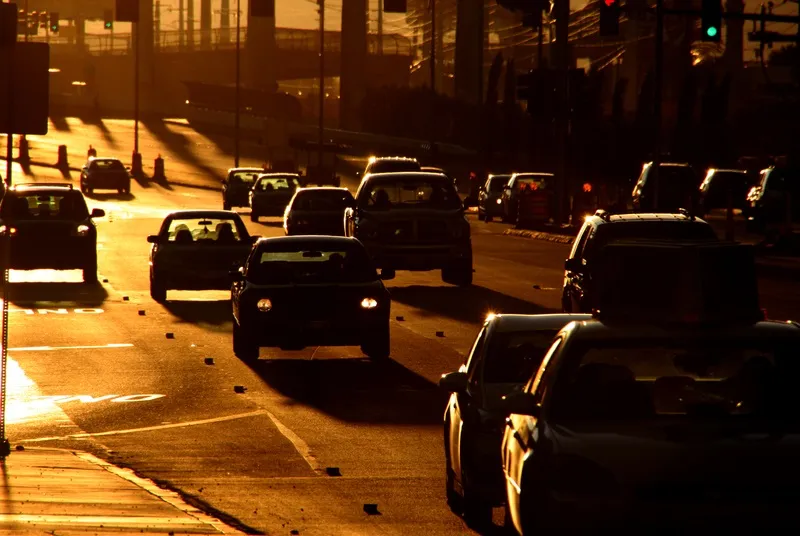
Subscription service TrafficCarma Mobility Trends tracks fluctuations in local journeys and daily commutes - data that is of particular interest to transportation agencies managing road space as coronavirus lockdowns start to ease.
It found that the number of trips in the New York area at the end of May was 30% less than the pre-Covid baseline in mid-February, compared to 45% less at the beginning of the month.
In Atlanta on 29 May, traffic volume was only 15% lower than the baseline, up 3% from the previous week - and a rise of more than 30% from 30 April, the day before state stay-at-home requirements were lifted.
“The impact of Covid-19 on typical drivetime congestion is well-documented, and simply obvious looking out the windshield for anyone who typically commutes to work in America’s biggest cities,” said Al McGowan, CEO of TrafficCast.
The company's goal "is to provide insights about commuting for when work, travel and social distancing
restrictions due to the pandemic are eased and even lifted".
The new product provides baseline comparisons of market trips, trip lengths and traffic volume in the top 30 markets of the country.
Radio and TV content provider Total Traffic & Weather Network (TTWN) is using the service.
“While there has been less congestion, in many areas traffic accidents have been more severe in nature," said Kevin Loftus, TTWN senior vice president. "We’re getting a better understanding as to how people are moving around during these unprecedented times."










